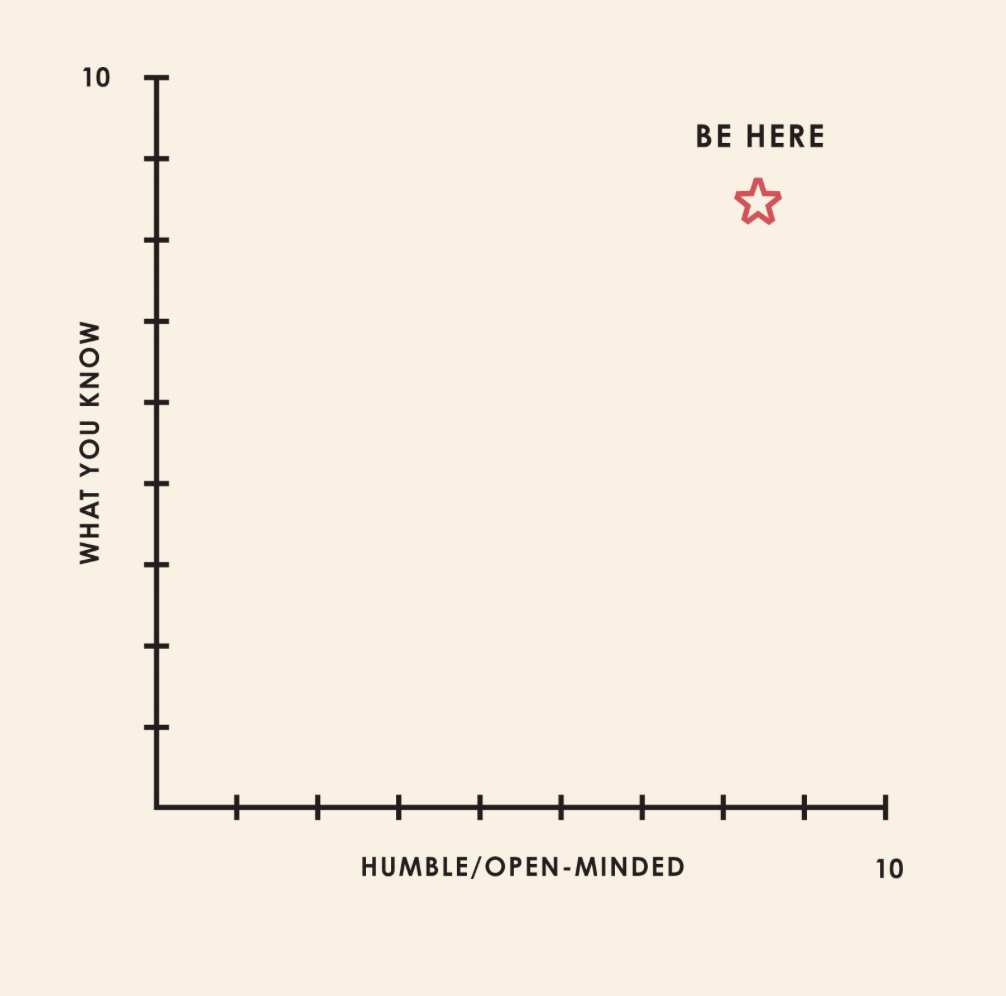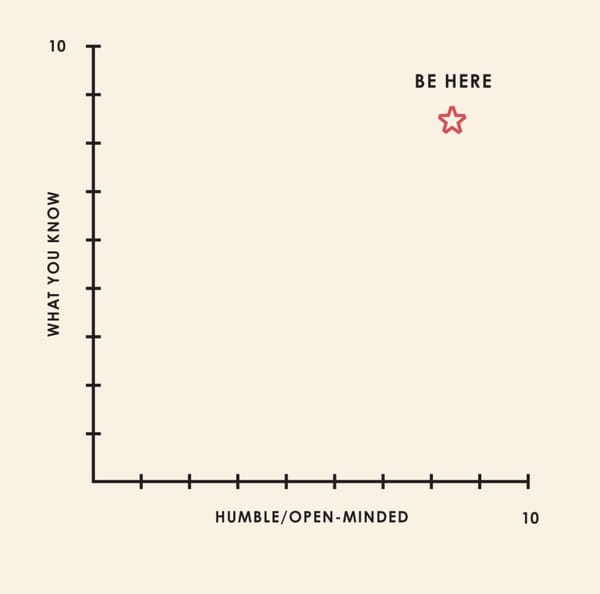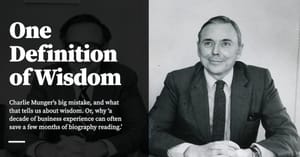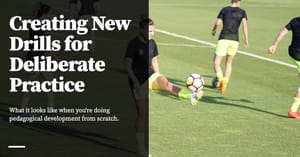Rationality quotient is the degree to which your mental models map to reality. I first stumbled upon this idea in a list of mental models by Slava Akhmechet:
IQ, RQ, and EQ – respectively, intelligence quotient (assessment of the mind’s raw horse power), rationality quotient (assessment of how well the mind’s models map to the real world; a measure of efficiency of the IQ’s application to real problems), and emotional quotient (ability to recognize and label emotions).
Corollary: brilliant people can be jerks and kooks, empathic people can have wacky ideas about reality, and effective people can have average intelligence.
Stumbling across this idea (and tracing its origins to the financial industry) was an aha! moment for me. It explained why I found the book Principles so effective when I first read it in 2011, and it also pointed to a direction I could follow: that is, to optimise my rationality in the absence of a way to optimise IQ.
I've written about this in a previous post in the Principles Sequence, but I'd like to address a particular section that Dalio mentions, almost in passing, on page 180 of Principles.
At the end of chapter 2 of his Life Principles, Dalio writes:
Some people are good at knowing what to do on their own; they have good mental maps. Maybe they acquired them from being taught; maybe they were blessed with an especially large dose of common sense. Whatever the case, they have more answers inside themselves than others do. Similarly, some people are more humble and open-minded than others. Humility can be even more valuable than having good mental maps if it leads you to seek out better answers than you could come up with on your own. Having both open-mindedness and good mental maps is most powerful of all.
This was particularly useful for me. I'd always thought that the best way to update your mental models was to “optimise for usefulness” — that is, keep only the beliefs that make you more likely to achieve your goals, and discard everything else. But Dalio suggests that there is a second way: you should maintain humility to let other people help you update your mental models with theirs. This is rather difficult to do, as we're all biased towards favouring our own opinions and models above others.
Dalio draws a cute graph to illustrate his point, and says:

Everyone starts out in the lower left area, with poor mental maps and little open-mindedness, and most people remain tragically and arrogantly stuck in that position. You can improve by either going up on the mental-maps axis (by learning how to do things better) or out on the open-mindedness axis. Either will provide you with better knowledge of what to do. If you have good mental maps and low open-mindedness, that will be good but not great. You will still miss a lot that is of value. Similarly, if you have high open-mindedness but bad mental maps, you will probably have challenges picking the right people and points of view to follow. The person who has good mental maps and a lot of open-mindedness will always beat out the person who doesn’t have both.
I liked this argument. So, to summarise: you have two options for improving your rationality:
- Update your mental models to better fit an accurate understanding of your reality.
- Stay open-minded and humble enough to let other people in. That way you can adopt their mental models instead of working everything out on your own.
Sounds good to me.
If you enjoyed this post, you'll probably like The Principles Sequence, a series of post on Ray Dalio's rationality-how-to book named Principles.
Originally published , last updated .





